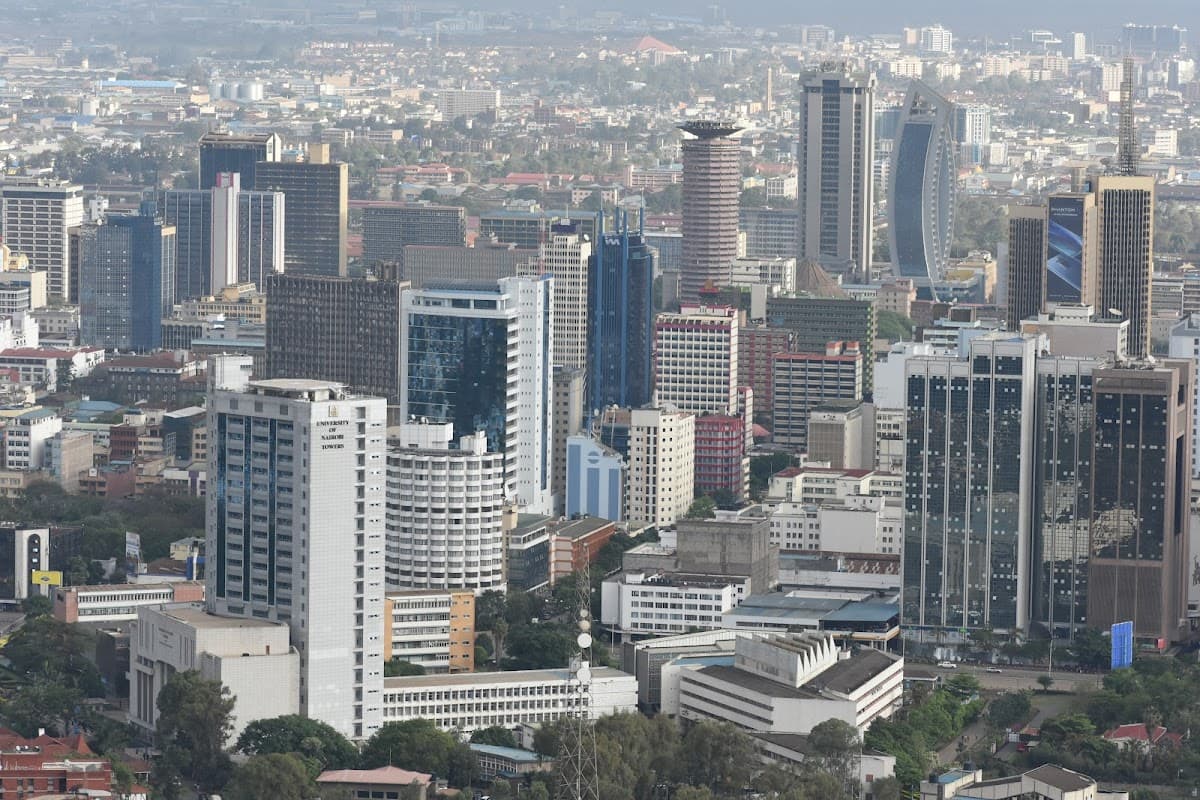Kenya quietly cancelled the Next-Generation Integrated Border Management System, initiated by the Indian firm, Adani Group, under a private investor model.
The government-backed plan, was supposed to enhance security at Kenya’s entry points by introducing an electronic visitor tracking system.
The new system was designed to integrate immigration, customs, border patrol, and intelligence units, facilitating real-time sharing of information, reducing waiting periods, and improving the detection of illicit cross-border activities.
The deal was part of a private investment model, where Adani Group would build the necessary infrastructure and recover the investment by charging user fees or having the government periodically pay for the platform.
According to Documents from the Public Private Partnership (PPP) Unit at the National Treasury reveal that the deal was quietly scrapped, in the wake of Public Uproar over PPP deals in the country, with the Indian Firm.
The project, initiated by Indian multinational Adani Group, was aimed at electronically tracking all visitors at ports of entry, including Jomo Kenyatta International Airport (JKIA).
The system would have included self-service passport control machines using facial recognition technology to verify a traveller’s identity, allowing for real-time information exchange with various security units.
The project was seen as a step toward improving surveillance and security at Kenya’s borders, particularly in light of the porous borders with neighbouring war-torn nations.
Despite its potential to strengthen surveillance, the agreement was cancelled last year in October 2024.
“The project was cancelled in October 2024,” the PPP Unit disclosed in reports tracking the progress of all PPP projects as of December 31, 2024.
While the PPP Unit did not provide any specific reasons for the project’s cancellation, the decision follows public protests over the government’s controversial selection of Adani Group for the expansion of JKIA and other major projects, as well as pressure from international bodies after the indictment of Adani Group’s owner, Indian billionaire Gautam Adani, for bribery.
Kenya has turned to PPPs as an alternative financing method after public debt reached unsustainable levels, consuming over 65% of taxes in annual service costs, with the Treasury reporting approval of 39 PPP projects, of which 36 are estimated to cost $13 billion (Sh1.68 trillion).
The emerging pattern of unsolicited PPP deals in Kenya's infrastructure sector reveals a broader systemic vulnerability.
A JULISHA MEDIA analysis of comparable transmission line projects across emerging markets - particularly in Vietnam, Indonesia, and Rwanda - shows that successful PPPs typically follow a structured competitive bidding process with robust public consultation and independent technical evaluation.
These markets have demonstrated that well-structured PPPs can deliver infrastructure at 30-40% lower costs than unsolicited proposals while maintaining quality standards.
Competitively tendered PPP projects in Sub-Saharan Africa have consistently delivered better value-for-money metrics and stronger governance frameworks than unsolicited proposals.
This suggests that Kenya's rush toward PPPs without adequate market testing and public scrutiny not only risks overpaying for critical infrastructure but could also deter serious long-term investors who prioritize market transparency and regulatory predictability.
JULISHA.CO.KE Financial Analysts, urge the government to prioritize open and competitive procurement processes in all infrastructure projects, ensuring that such ventures truly benefit the Kenyan people and contribute to sustainable economic growth.







